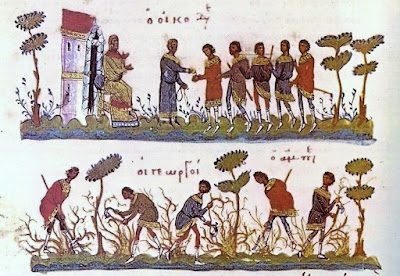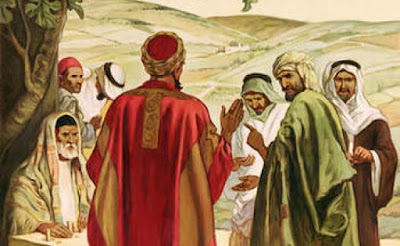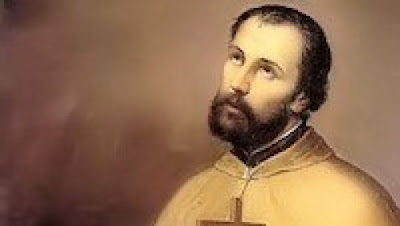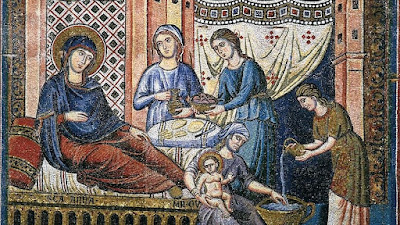Homily | Feast of the Exaltation of the Holy Cross | September 14, 2020
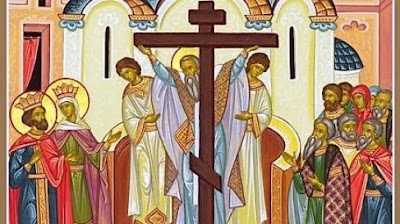
Feast Day - September 14th The feast of the Exaltation of the Holy Cross, recalls the retrieval of the Holy Cross, which had been found and preserved by Saint Helena. It commemorates three distinct historical events: the finding of the True Cross, its return in the 7th century, and its ineffable power as the instrument of Christ’s redemptive sacrifice and our salvation. Regarding the later, our Savior's crucifixion imbues human suffering with dignity and divine purpose. Here is a reflection by Father René Butler, M.S., from his homily on the feast of the Exaltation of the Holy Cross: Fr. René J. Butler, M.S. La Salette Missionaries of North America Hartford, Connecticut ( Click here for today’s readings ) What do Judas, and the leaders of the Sanhedrin, and Pontius Pilate, all have in common with God the Father? You might find the question confusing, even bizarre, if not downright blasphemous, but the idea came to me when reading a commentary of St. Augustin
